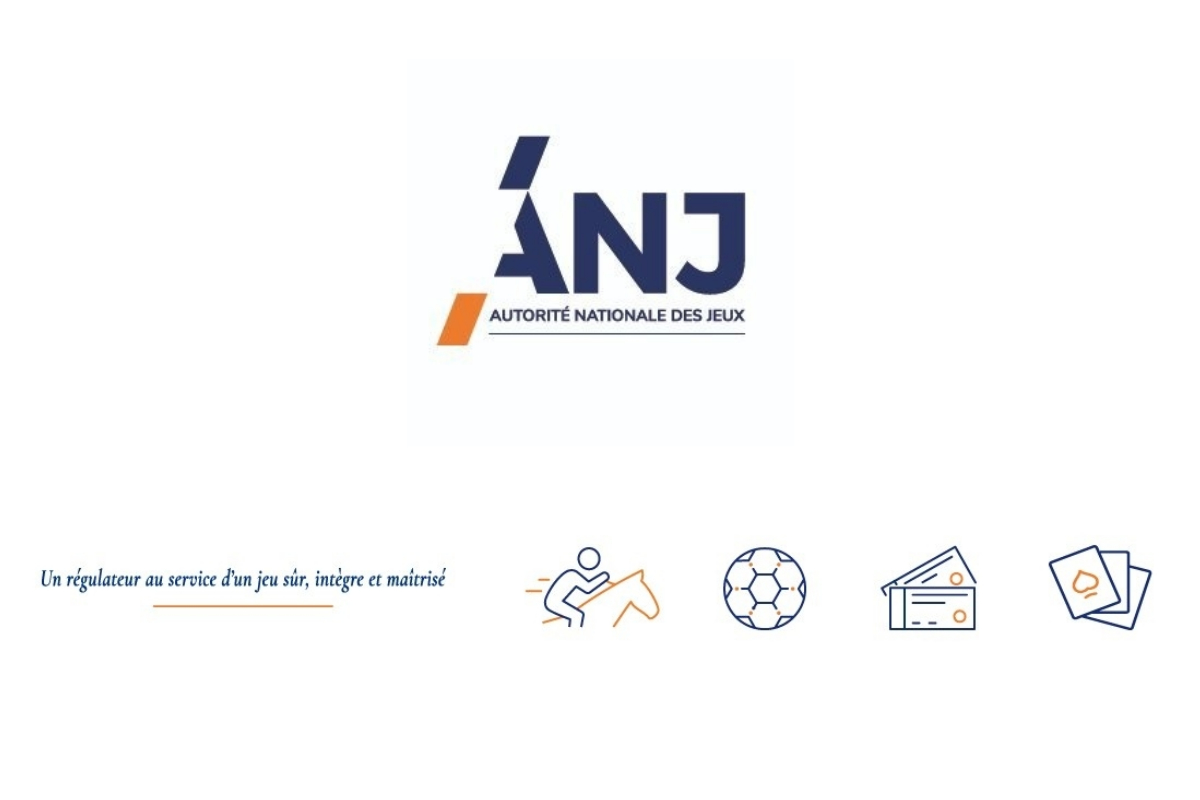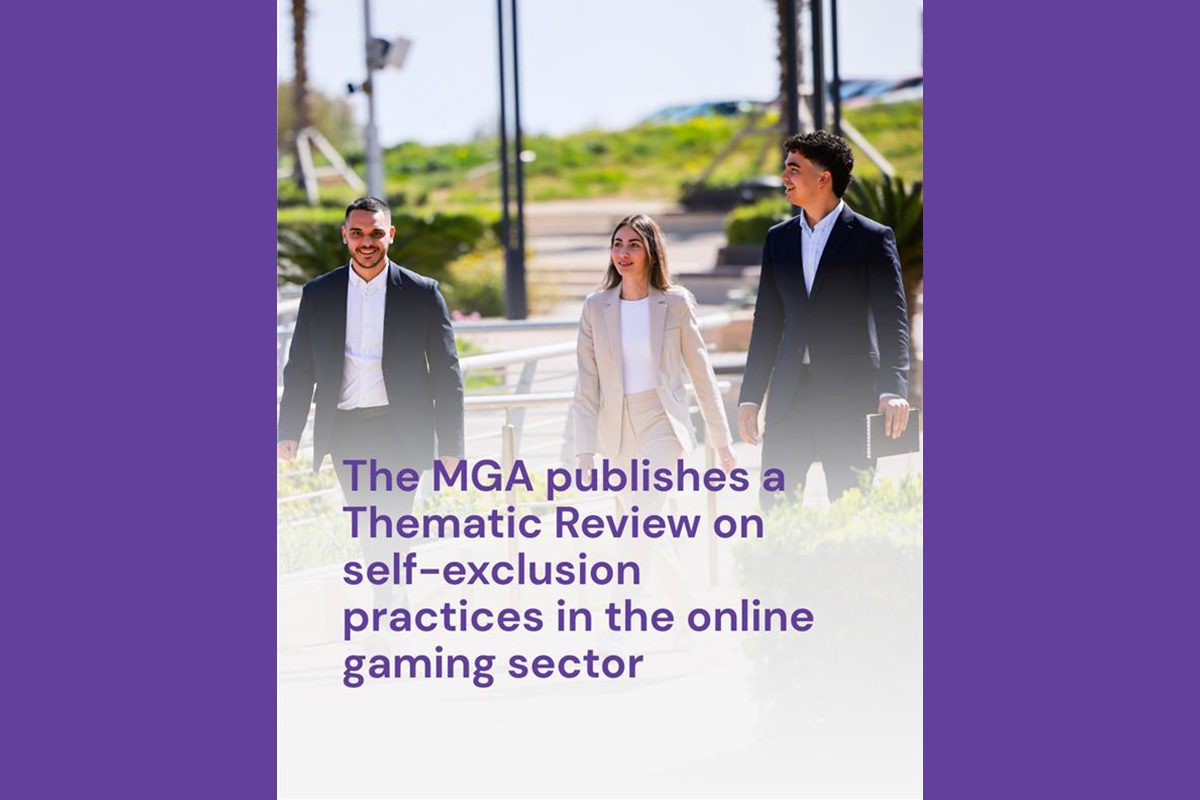Compliance Updates
ANJ, the new French gambling regulator is launched

On Monday 22 June, the members of the ANJ met for the first time around the President, Isabelle Falque-Pierrotin. This first meeting of the ANJ Boardmarks the launch of the new regulator, which is now competent in all segments of the gambling market.
An extended regulatory scope
In 2019, France has amended its legal framework of gambling and its regulation. A new gambling regulatory authority (ANJ) has been set. It follows ARJEL with a significantly extended regulatory scope and enhanced powers.
The ANJ is now responsible for all components of the legal gambling market, both online and offline:
- online games that ARJEL regulated, such as sports betting and horse racing betting and poker offered by the 14 licensed operators ;
- all the games of La Française des Jeux or the PMU sold in physical points of sale or online;
- 228 racecourses;
- 202 casinos, with the exception of anti-money laundering issues and the integrity of the games offered, which remain under the responsibility of the Ministry of Home Affairs.
|
While ARJEL regulated 11% of the French gambling legal market, the ANJ now regulates 78%, which represents a market of more than 50 billion euros in bets
|
The foundations for a consolidated regulation are therefore laid to have an overall gambling policy in France under the control of the ANJ. It will be able to implement a complete “toolbox” including preventive, prescriptive and control activities, as well as sanction measures throughout the entire gambling industry.
The ANJ missions are structured around four objectives:
- Prevent excessive or pathological gambling and protect minors;
- Ensure the integrity, reliability and transparency of gaming;
- Prevent fraudulent and criminal activities, as well as money laundering and financing of terrorism;
- Ensure the balanced, fair development of various types of games, in order to avoid any economic destabilisation of the sectors concerned.
Enhanced powers
The ANJ has enhanced powers to fulfil its missions, such as the ability to require the withdrawal of a commercial communication involving an inducement to excessive gambling or the ability to carry out on-site controls.Regarding operators under exclusive rights, it authorizes their games offer and it annually approves their games program, their promotional strategy as well as their action plans in the fight against fraud and money laundering on the one hand, prevention of gambling addiction and the protection of minors on the other hand. The ANJ will exercise greater control over these operators in these different fields.
The methods of regulation
The ANJ will set up a regulation that combines support and control.
- In the short term, the ANJ will use pedagogy to explain to economic actors the new rather complex legal framework. It has already planned to bring them together shortly to present their new obligations.
- It is currently finalising two reference frameworks, one on the prevention of gambling addiction and the protection of minors and the other on the fight against fraud, money laundering and the financing of terrorism. These new compliance tools will be submitted for consultation with the stakeholders concerned in order to develop standards that are as close as possible to the sectoral realities and to secure their practices.
- It will also ensure compliance with the obligations of the law, which implies a credible and appropriate control strategy, and even sanctions for the most serious breaches. In this respect, it will sign an agreement with the Race and Gaming Central Service of the Ministry of Home Affairs for on-site inspections in points of sale and casinos.
Protecting players: a priority for the ANJ
In France, one person out of two is a gambler. Problem gamblers are estimated around 1,2 million. So, preventing excessive or pathological gambling is a public health issue to which the ANJ attaches the utmost importance.
The ANJ will place the players at the heart of the regulation. For that to be real and effective, the ANJ will be as close as possible to the gambling experience and the uses of the players, by articulating its action around the three fronts: information, service and capitalization on the collective intelligence of the players.
The transfer of the management of the file of banned players from the Ministry of Home Affairs to the ANJ starting from September will be an opportunity to make players more responsible. Indeed, the ANJ will propose a new registration process and a real tool for self-protection and control of the game, faster and less guilt-ridden. Concretely, a motivational interview with the ANJ staff will be carried out with the players in order to direct them, if necessary, to health-care professionals.
For Isabelle FALQUE-PIERROTIN, Chairwoman of the ANJ: “The ANJ is not an enlarged ARJEL, it is a new project that requires rethinking regulation. It has to adapt its intervention to monopolies (FDJ and PMU) and to players gambling mostly anonymously in points of sale. I would like to set up a regulation that combines support and control in order to better serve and protect players”.
Powered by WPeMatico
Compliance Updates
MGA Publishes Results of Thematic Review on Self-exclusion Practices in Online Gaming Sector

The Malta Gaming Authority (MGA) has published the results of a Thematic Review on how online B2C licensees implement self‑exclusion and other responsible gambling safeguards. The Review sought to identify any systemic weaknesses and clarify regulatory expectations relating to player protection, highlighting areas performing well as well as opportunities for licensees to strengthen their practices.
The Review was carried out in 2025 following reports that some players were able to access multiple brands despite being self‑excluded due to problem gambling. It examined the real‑world performance of player protection tools across 20 licensees and 58 active URLs. A mystery shopping exercise assessed the effectiveness of self‑exclusion processes, cross‑brand account controls, and the presentation of responsible gambling protections at key points of play.
The findings presented in this document reaffirm the Authority’s ongoing commitment to safeguarding players and upholding the integrity of the online gaming sector. Overall, the Thematic Review indicates a positive level of compliance, with the majority of licensees assessed demonstrating practices that are broadly in line with regulatory expectations. At the same time, the Review highlights opportunities for further strengthening player protection measures across the sector.
The assessment outlines the specific areas where enhancements would be beneficial. These include delays in activating self‑exclusion, instances where exclusions were lifted without applying a mandatory cooling‑off period, challenges in detecting duplicate or closely matching player identity details across brands, the absence of limit‑setting prompts during registration, and incomplete information displayed within Reality Check pop‑ups. Together, these findings provide guidance where systems and processes can be enhanced to ensure player protection measures operate as intended.
The Authority has communicated the findings to the relevant licensees, each of whom has been asked to address the points raised and submit rectification plans. Follow‑up supervisory engagement will continue where necessary, including monitoring the implementation of corrective actions. This work forms part of the Authority’s broader risk‑based oversight approach, aimed at promoting higher and more consistent standards of player protection across the sector.
Through this Guidance Document, the Authority encourages all licensees to use the insights from this Review to reinforce their internal frameworks, enhance their responsible gambling controls, and continue contributing to a safer and more sustainable gaming environment.
The post MGA Publishes Results of Thematic Review on Self-exclusion Practices in Online Gaming Sector appeared first on Eastern European Gaming | Global iGaming & Tech Intelligence Hub.
Adventure One QSS
Dutch Gambling Authority Imposes Penalty on Adventure One QSS for Illegal Gambling

The Netherlands Gambling Authority (KSA) has imposed a penalty on Adventure One QSS Inc. for illegal gambling. Adventure One offers games of chance on the Dutch market under the Polymarket brand name, without a license. The KSA has called on Polymarket to cease its activities immediately. If it fails to do so, the company will be fined €420,000 per week, with a maximum of €840,000.
Polymarket has been frequently in the news in recent months, particularly regarding betting on the Dutch elections. Although Polymarket itself states that prediction markets do not fall under the category of gambling, the Netherlands Gambling Authority (KSA) has taken a different stance. After contacting the company about its illegal activities on the Dutch market, there has been no visible change, and the offering remains available. The Netherlands Gambling Authority therefore imposed this order, subject to a penalty. A turnover-related fine may also be imposed at a later date.
Ella Seijsener, director of licensing and supervision at the Netherlands Gambling Authority (KSA), said: “Prediction markets are on the rise, including in the Netherlands. These types of companies offer bets that are not permitted in our market under any circumstances, not even by license holders. Besides the social risks of these kinds of predictions (for example, the potential influence on elections), we conclude that this constitutes illegal gambling. Anyone without a KSA license has no business in our market. This also applies to these new gambling platforms.”
The post Dutch Gambling Authority Imposes Penalty on Adventure One QSS for Illegal Gambling appeared first on Eastern European Gaming | Global iGaming & Tech Intelligence Hub.
Brais Pena Chief Strategy Officer at Easygo
Stake Goes Live in Denmark Following Five-Year Licence Approval

Stake, the largest online casino and sportsbook globally, today proclaims its official entry into Denmark after obtaining a five-year online casino and sports betting license. The shift reinforces Stake’s enduring dedication to enhancing its global growth strategy.
Denmark is often seen as a regulatory success within the European online gambling scene, and Stake has now introduced its flagship, internationally recognized product to the Danish market. Players will unlock access to Stake’s top-tier casino and sportsbook, showcasing exceptional games, cutting-edge technology, and an exceptional user experience, all provided with a strong local emphasis.
Starting 1 March 2026, Stake Denmark will set up its new headquarters at Parken Stadium, the national football stadium of Denmark and the home ground for FC Copenhagen.
Peter Eugen Clausen, Managing Director at Stake Denmark, said: “Denmark has one of the most well-regulated and competitive gaming markets in Europe, and that’s exactly what makes it so exciting. With Stake’s arrival, Danish players can expect a fresh, world-class experience backed by global scale and strong local focus. We’re raising the bar in terms of product, transparency, and entertainment, and I believe increased competition from brands like Stake will only drive the market forward in a positive way.”
Brais Pena, Chief Strategy Officer at Easygo, the technology company behind Stake, said: “Denmark marks our entry into the Nordics and represents a clear win in one of Europe’s most mature and high-value markets. With each new market, our momentum continues to build as we deliver on our global expansion strategy.”
Since its inception in 2017, Stake has positioned itself as the top betting and gaming brand globally by continually presenting advanced technology and novel gaming experiences for players around the globe. Upon entering Denmark, Stake maintains its dedication to player safety and responsible gaming, guaranteeing that gambling stays enjoyable, secure, and entertaining by providing extensive tools and resources that assist customers in comprehending and monitoring their gambling behavior.
The post Stake Goes Live in Denmark Following Five-Year Licence Approval appeared first on Eastern European Gaming | Global iGaming & Tech Intelligence Hub.
-

 ACMA6 days ago
ACMA6 days agoACMA Blocks More Illegal Online Gambling Websites
-

 CEO of GGBET UA Serhii Mishchenko6 days ago
CEO of GGBET UA Serhii Mishchenko6 days agoGGBET UA kicks off the “Keep it GG” promotional campaign
-

 Aurimas Šilys6 days ago
Aurimas Šilys6 days agoREEVO Partners with Betsson Lithuania
-

 Canada5 days ago
Canada5 days agoRivalry Corp. Announces Significant Reduction in Operations and Evaluation of Strategic Alternatives
-

 Latest News5 days ago
Latest News5 days agoTRUEiGTECH Unveils Enterprise-Grade Prediction Market Platform for Operators
-

 Central Europe6 days ago
Central Europe6 days agoNOVOMATIC Once Again Recognised as an “Austrian Leading Company”
-

 Acquisitions/Merger5 days ago
Acquisitions/Merger5 days agoBoonuspart Acquires Kasiino-boonus to Strengthen its Position in the Estonian iGaming Market
-

 Firecracker Frenzy™ Money Toad™5 days ago
Firecracker Frenzy™ Money Toad™5 days agoAncient fortune explodes to life in Greentube’s Firecracker Frenzy™: Money Toad™



















